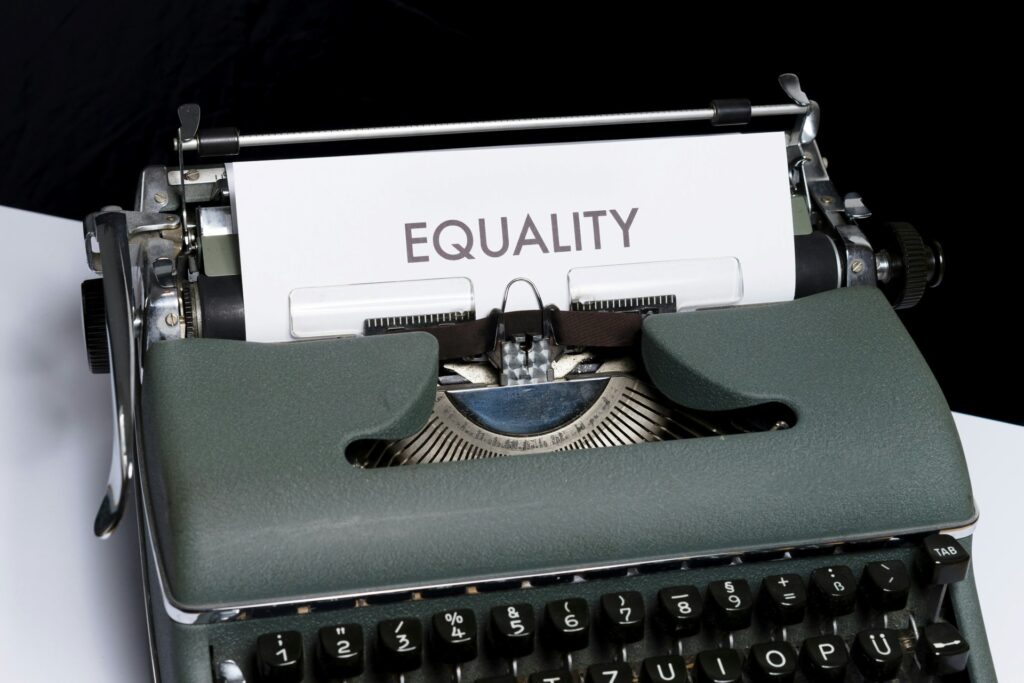Energizing Equality
Unveiling Diversity’s Role in the Sustainable Energy Sector
The energy sector, a pivotal player in greenhouse gas emissions and historically suffering from a lack of diversity (with women representing only 22% of its workforce), faces significant challenges. In this context, diversity, equity, and inclusion (DEI) become critical for a successful and equitable energy transition. A diverse workforce fosters innovative, effective problem-solving and better solution adoption.
This is echoed by the International Energy Agency (IEA), which stresses that DEI is key to addressing the urgent need for universal energy access by 2030, as highlighted in the joint IEA-IRENA-World Bank-WHO report on SDG7. However, the energy sector is currently lagging in implementing effective DEI initiatives, often limiting them to anti-discrimination measures.
A diverse workforce fosters innovative, effective problem-solving and better solution adoption.
Beyond gender-based discrimination, the energy sector must embrace intersectionality – the recognition that various social categorisations like class, race, ethnicity, sexual orientation, and others intersect, leading to complex forms of discrimination. Acknowledging this is crucial for designing targeted, inclusive, and equitable solutions. As demonstrated by EU projects like EmpowerMed, CEES, Sun4All or PowerUp, addressing intersectionality is key to combating energy poverty and promoting energy justice, ensuring the energy transition is inclusive and leaves no one behind.
Organisations must foster inclusive cultures where diversity is valued, and tokenism is avoided.
For the energy sector to mirror the diversity of the communities it serves, knowledge building and bias combatting are essential. The European Commission’s Equality Platform for the Energy Sector or the European Solar Sector’s Diversity Award are examples of initiatives promoting equality.
Organisations must foster inclusive cultures where diversity is valued, and tokenism is avoided. This involves fair hiring practices, ongoing education, awareness programs, and mentorship opportunities. Leaders must be proactive in creating and adapting inclusive policies.

The European Sustainable Energy Week has been instrumental in bringing forward the four drivers of the energy transition: democratisation, decentralisation, digitalisation, and decarbonisation. Joshua Atkins, the founder of the NGO Pride in Energy, which advocates for LGBTQI+ rights in the sector, in the Energ’ Ethic podcast, suggests adding a fifth ‘D’: Diversity. Valuing diverse experiences and perspectives is crucial for the cohesive and effective advancement of the energy sector.
Integrating diversity, equity, and inclusion in the energy sector is not only a moral imperative but also a strategic necessity. It’s imperative for energy organisations to actively incorporate these values into their strategies, fostering a culture where diversity is celebrated, equity pursued, and inclusion is the standard. This approach will pave the way for a more sustainable and equitable future in energy.